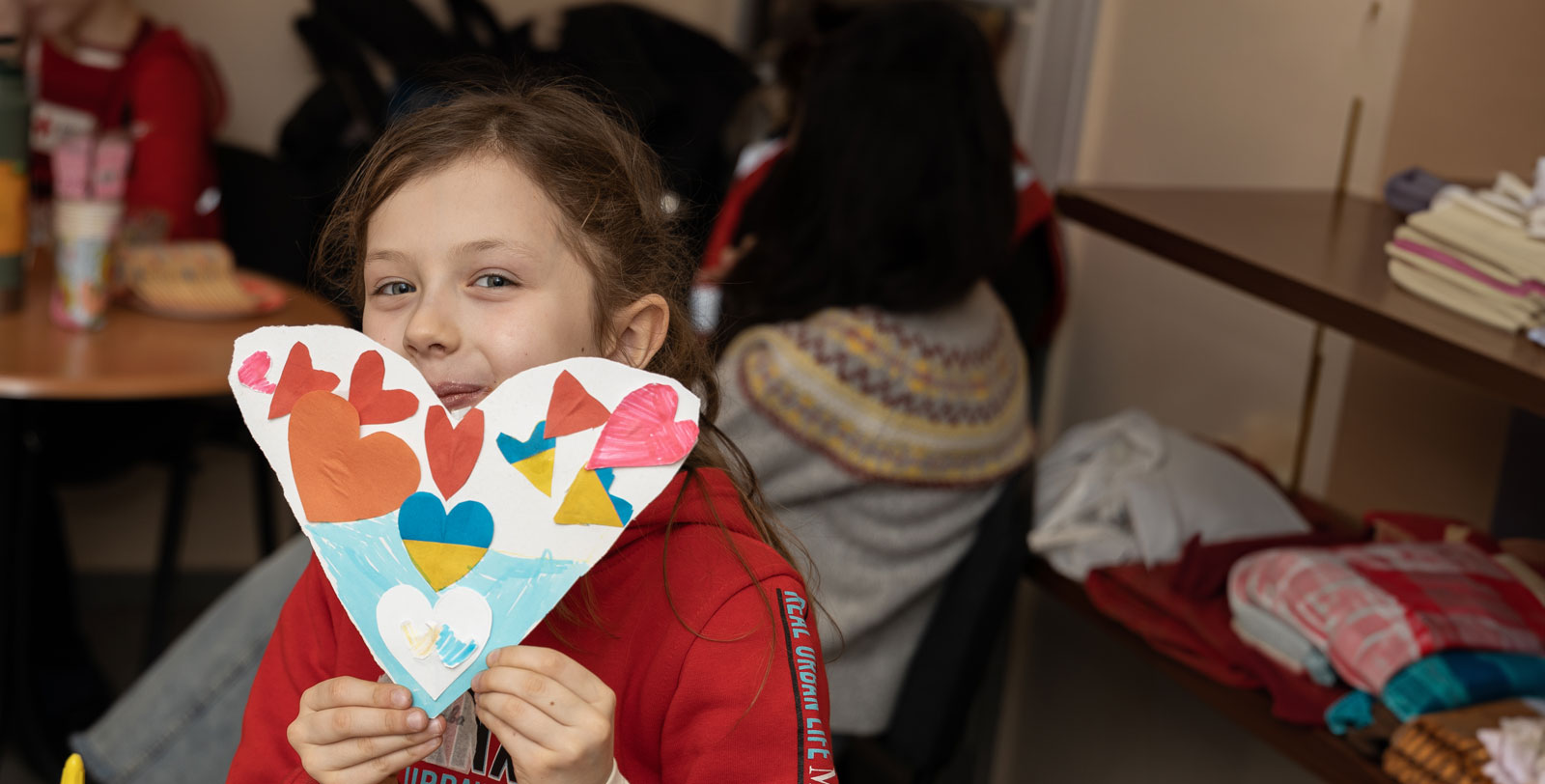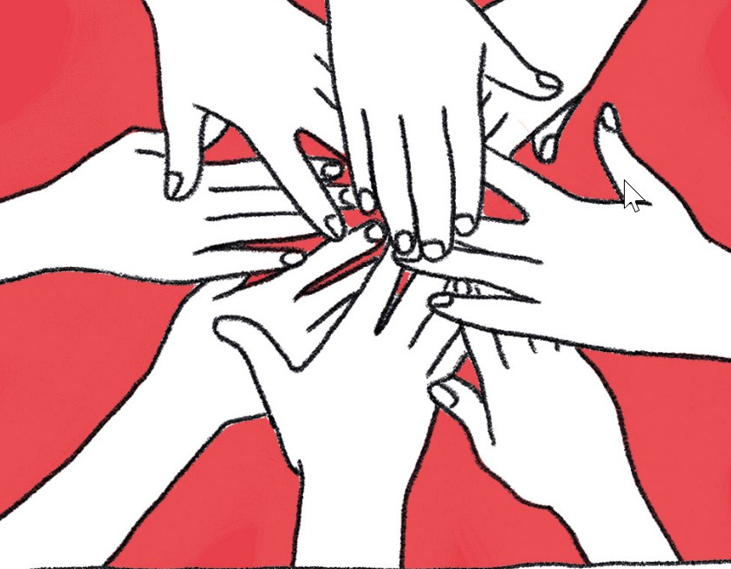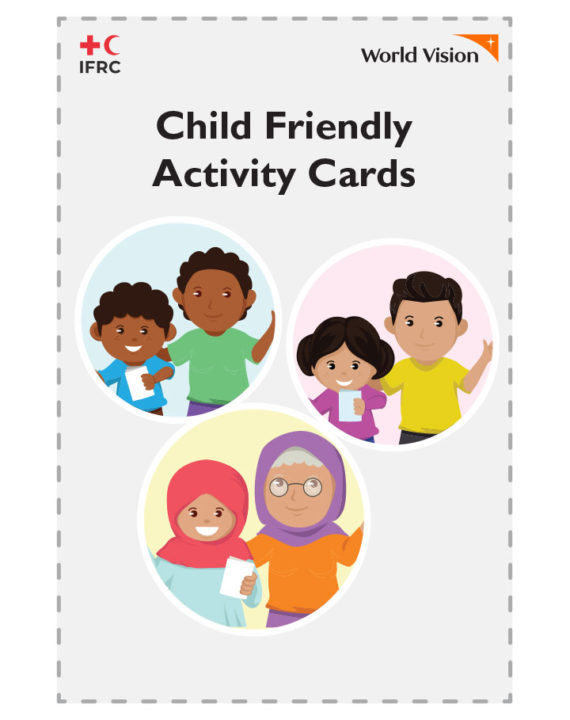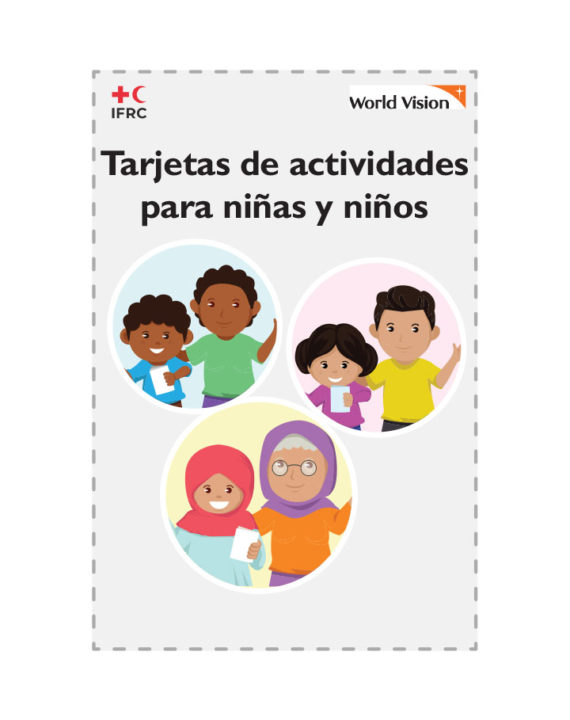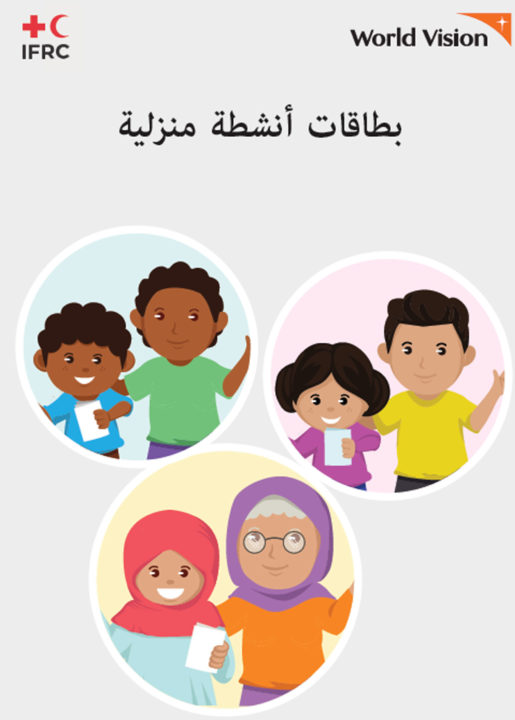Adolescents need information that is carefully crafted to cater to their age group and preferences. Without these tailored materials, they might not understand or could misunderstand essential information that supports their protection and access to vital services. This will contribute positively to their mental health and wellbeing.
The IFRC Protection, Gender & Inclusion unit (PGI) with support from the IFRC Psychosocial Centre has developed child-friendly communication materials to help adolescents stay safe, find their own solutions, prevent family separation or restore family links, know how to act ahead of a disaster, react if they find it hard to cope, and seek support from someone wearing a Red Cross or Red Crescent, a trusted adult, or a local helpline.
